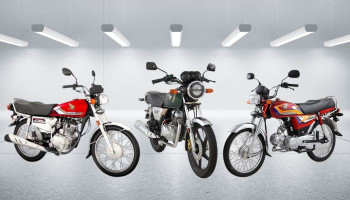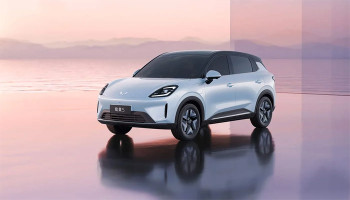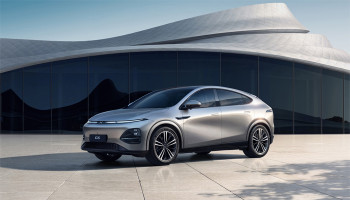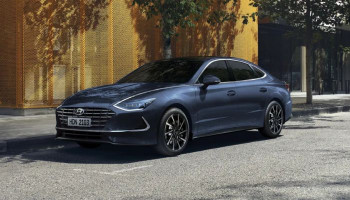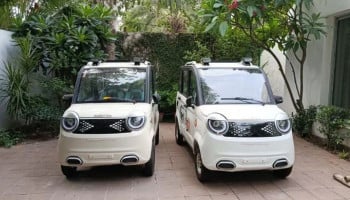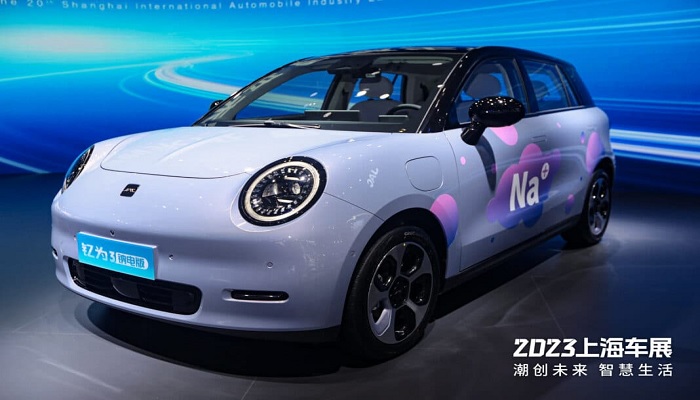
Anticipated by industry experts as a pivotal component in forthcoming battery arrays, sodium-ion batteries are poised to play a significant role. These batteries prove advantageous for stationary energy storage, and fueling scooters, and are considered a feasible option for entry-level electric vehicles, offering a more economical alternative to lithium ferro-phosphate (LFP) batteries.
Despite their commendable performance in colder temperatures, their drawback lies in a lower energy density compared to other available choices.
Under the Yiwei brand, JAC Motors, a Volkswagen-controlled company based in China, is set to unveil its maiden electric vehicle powered by sodium-ion batteries in January. However, due to their lower energy density in comparison to lithium batteries, sodium-ion cells aren't deemed suitable for full-sized cars, resulting in the Yiwei being a compact four-door hatchback.
Read more: Xiaomi's first electric vehicle unveiled: Introducing Xiaomi SU7
Notably, Volkswagen holds a 75% controlling stake in JAC Motors and 50% in its parent company, Anhui Jianghuai Automobile Group Holdings (JAG), with the remaining 50% being state-owned. Consequently, the prospect of these vehicles reaching the United States remains uncertain.
The Yiwei is essentially a rebranded version of the Sehol E10X hatchback EV, a move initiated by Volkswagen transferring the Sehol brand to JAC in 2021. However, JAC discarded the brand name earlier in the current year.
Initially introduced as the Yiwei 3 with a sodium-ion battery from Beijing-based manufacturer HiNa Battery, the car was subsequently launched in June with a lithium cell solution, after an initial market debut in May.
Recently, JAC announced the forthcoming release of the Yiwei E10X, confirming its launch with new HiNa sodium batteries by January 2024.
Equipped with a 25 kWh battery, this model can charge from 10 to 80 percent in roughly 20 minutes and boasts a range of 252 km (157 miles). Comparatively, this constitutes approximately half the capacity and range of the previous Yiwei 3 model, which featured a 51.5 kWh battery and a range of 505 km.






